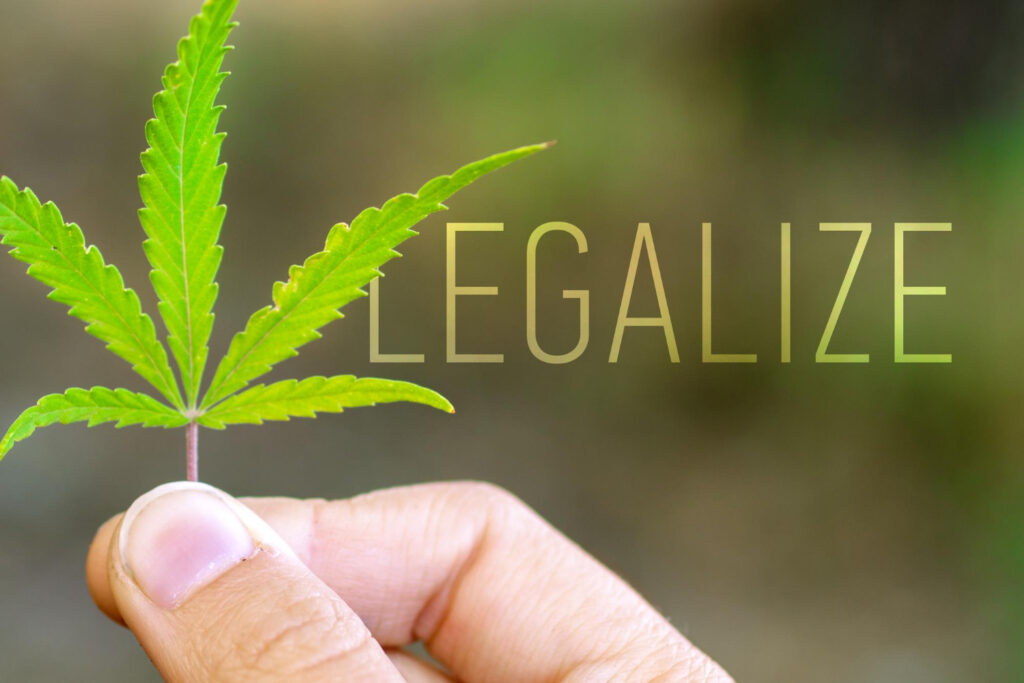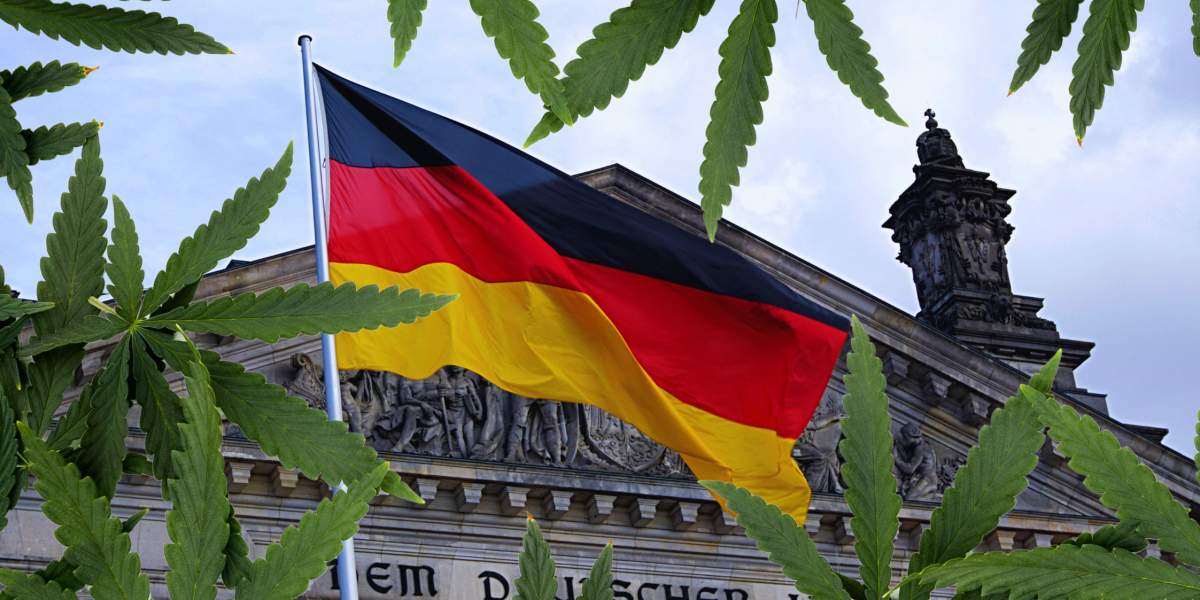Germany’s cannabis policy underwent a historic transformation between 2024 and 2025, marking the country’s first steps into regulated recreational use. After years of political debate, the federal government enacted legislation that allows adults to possess cannabis for personal use, cultivate a limited number of plants at home, and join nonprofit social clubs dedicated to collective cultivation. This model positions Germany as one of the largest European nations to embrace recreational legalization, but it does so with a cautious, health-focused framework. The aim is to reduce the black market, protect youth, and ensure product safety without encouraging mass commercialization. While the changes represent a significant liberalization, they also come with clear limits—commercial retail sales remain prohibited, public consumption is restricted, and strict rules govern how social clubs operate. The result is a uniquely German approach, balancing personal freedoms with regulatory control.
Key Provisions of the 2024–2025 Legalization Law

Under the new legislation, adults aged 18 and over can possess up to 25 grams of cannabis for personal use and cultivate up to three plants at home. Cannabis obtained through home cultivation must be kept in a secure location and not sold. One of the most notable features is the introduction of nonprofit “Cannabis Social Clubs,” which allow registered members to collectively grow cannabis and distribute it among themselves in limited quantities. Each club can have a maximum of 500 members, and distribution is capped per person per month to discourage resale. The law also establishes strict quality control measures, requiring cultivation to meet safety and contamination standards. Additionally, advertising cannabis products remains banned, and sales to minors are strictly prohibited. By structuring legalization around nonprofit models rather than commercial markets, Germany aims to prioritize public health and responsible consumption.
Restrictions on Public Use and Commercial Sales
Despite legalizing possession and home cultivation, Germany maintains clear restrictions on where and how cannabis can be consumed. Public consumption is banned in designated areas such as near schools, playgrounds, and sports facilities, and municipalities have the authority to create additional no-consumption zones. Commercial sales through retail outlets are not part of the current legalization framework, meaning there are no licensed cannabis shops as seen in other countries like Canada or certain U.S. states. Instead, supply is limited to home grows and Cannabis Social Clubs, with no legal pathway for profit-driven distribution. This limitation is intended to control market size, prevent aggressive marketing, and allow policymakers to monitor the social and health impacts before considering further expansion. The government has stated that broader commercial legalization could be evaluated in the future, depending on the results of this initial phase.
Social Clubs: Germany’s Unique Cannabis Model
Cannabis Social Clubs form the backbone of Germany’s recreational legalization experiment. These member-based cooperatives operate as nonprofit entities, pooling resources to cultivate cannabis collectively and distribute it among members in compliance with monthly quantity limits. Clubs must maintain detailed records of cultivation, distribution, and membership, and are subject to regular inspections to ensure compliance with safety and security regulations. The model is inspired by similar systems in Spain and Malta but is tailored to German regulatory priorities, such as product testing and strict operational guidelines. Social Clubs are also expected to promote responsible consumption and provide educational resources to members about the potential risks of cannabis use. By restricting cannabis access to members-only spaces, the government aims to foster community responsibility while reducing opportunities for underage consumption and illicit sales.
Early Impact and Future Outlook

In the months since legalization, Germany has seen a surge of interest in Social Club membership, as well as increased demand for information on home cultivation techniques. Early indicators suggest that the reform is beginning to reduce illicit street sales, though supply limitations have also created challenges for meeting member demand. Law enforcement has shifted focus toward unlicensed large-scale cultivation and distribution networks, while decriminalization has eased the legal burden on courts for small possession cases. Public health experts are closely monitoring consumption trends, especially among young adults, to assess whether the policy meets its harm reduction goals. Looking ahead, the government will review the policy’s effectiveness in late 2025, with the possibility of expanding access or introducing regulated commercial sales. For now, Germany’s measured approach offers an alternative path to legalization—one that emphasizes community-led supply, personal responsibility, and cautious regulatory oversight.

Leave a Reply